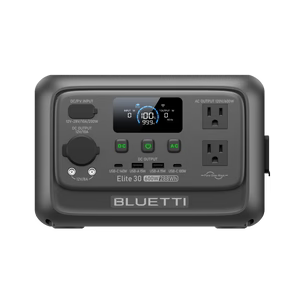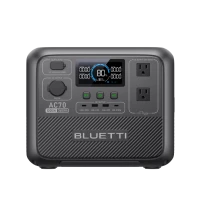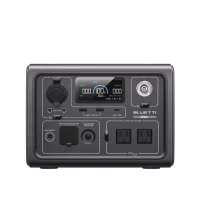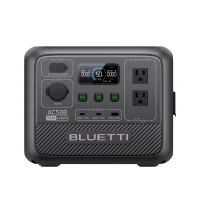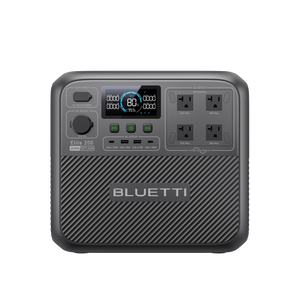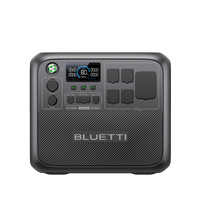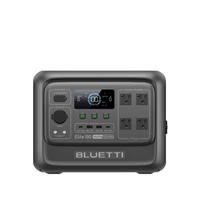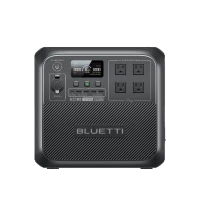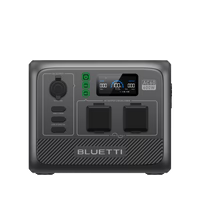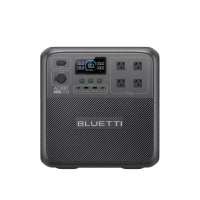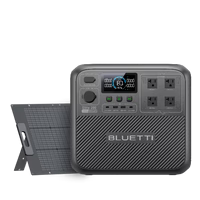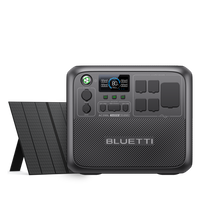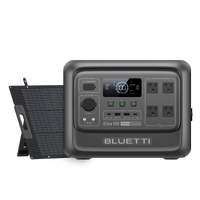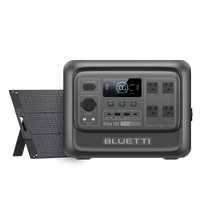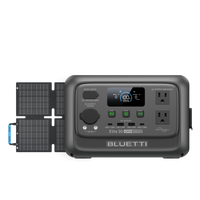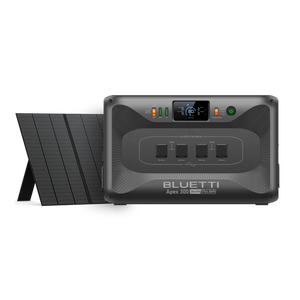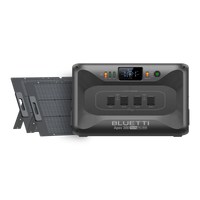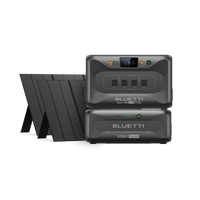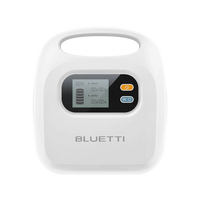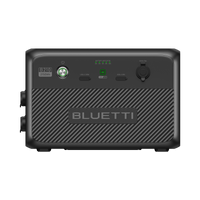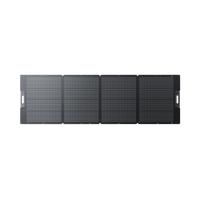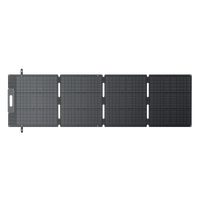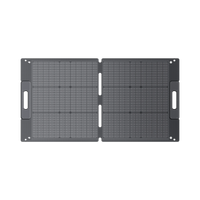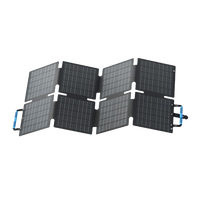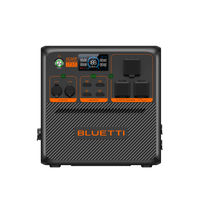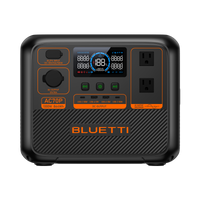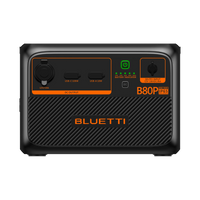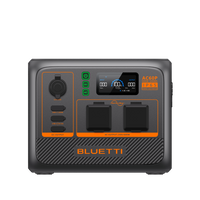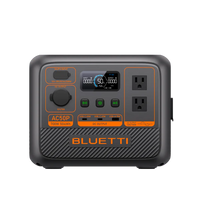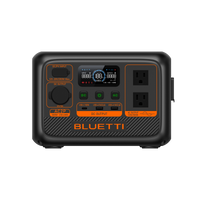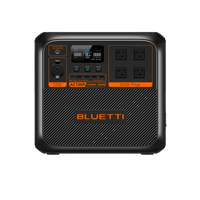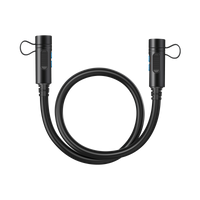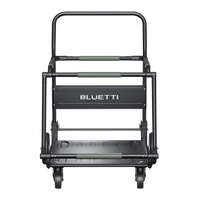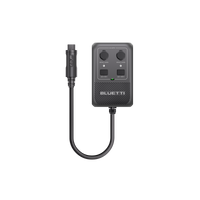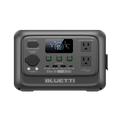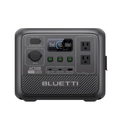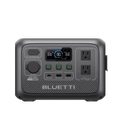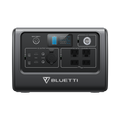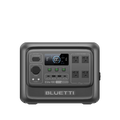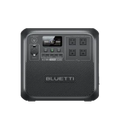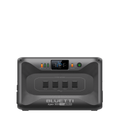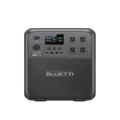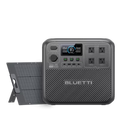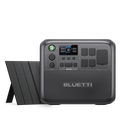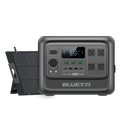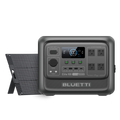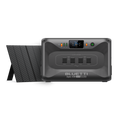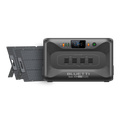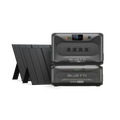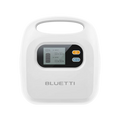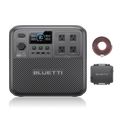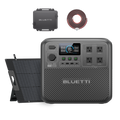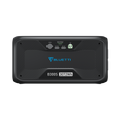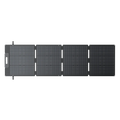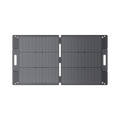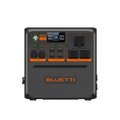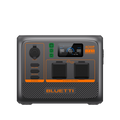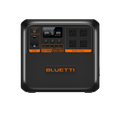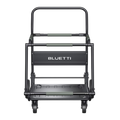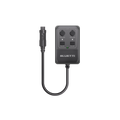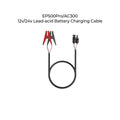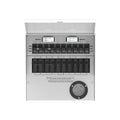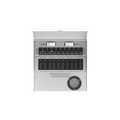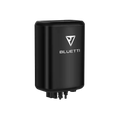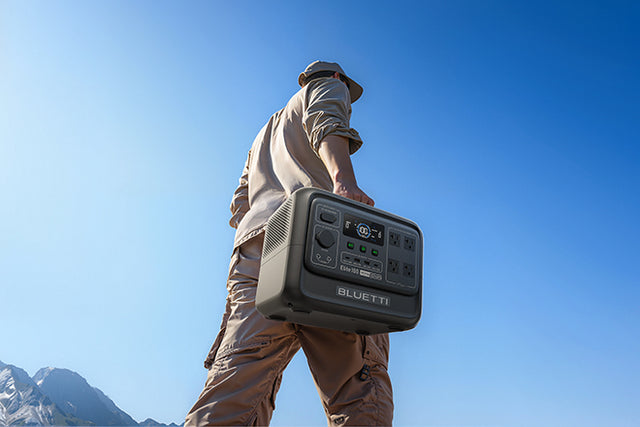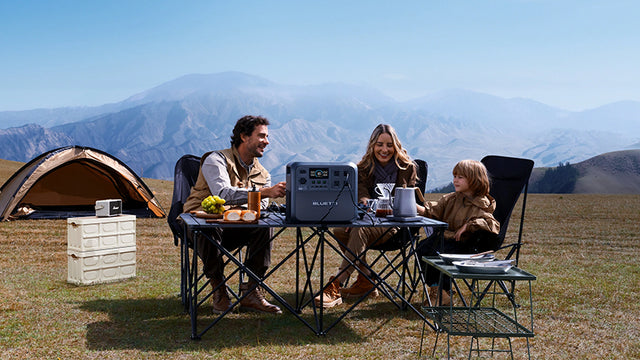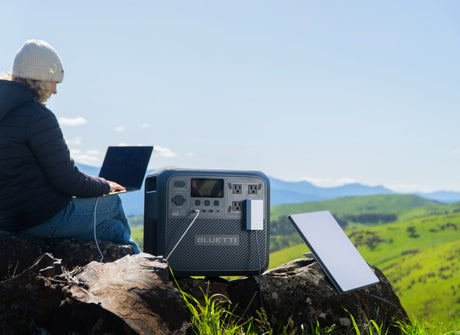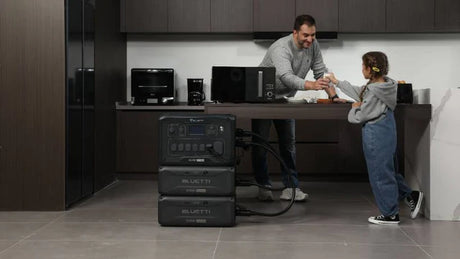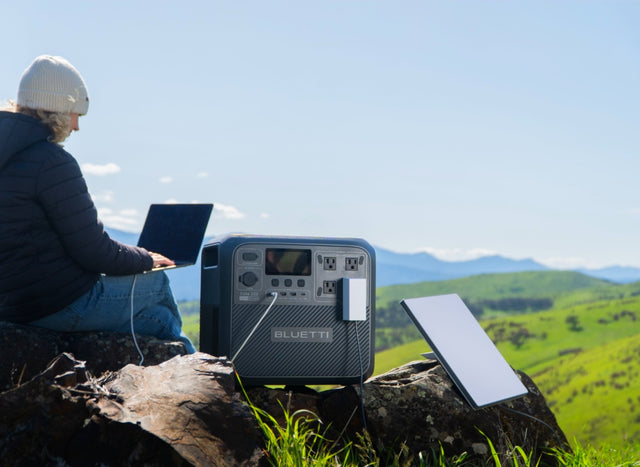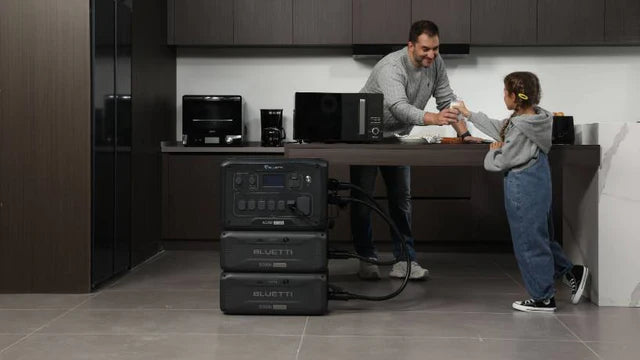The first feeling of the biting morning cold through the walls of a poorly heated home is something that we often remember how it felt. This is just the stark reminder of the role that space heaters play in keeping you warm. These mobile devices are usually found in many homes as they can be used as a speedy fix to the cold that seems to be everywhere in our homes. But nevertheless the minute they get switched on and start emitting heat the thought about the impact on the electricity bill occurs. Are space heaters big electricity consumers? This is a vital question not only concerning our comfort but also our wallets. Throughout this topic, the truth behind space heater consumption and ways in which to reduce costs will be discovered.
How Many Watts Do Different Space Heaters Use?
The wattage of space heaters is different because different designs result in different heating capacities. Small personal heater and especially the one whose purpose is to keep only one person warm, for example, may use even less than 250 watts. On the flip side, big machines that can warm up whole rooms need 1.5 kW or even more power. As an example, the ‘Rhoyee Space Heater’, being a high-end type, operates at a 1500w-output, while the ‘Performance Tool Personal Space Heater’ is designed for personal use and consumes 250 watts of power.
The power rating of a space heater influences its electricity consumption directly, therefore, it is an important parameter to evaluate before purchasing a heater. The heater's wattage should be matched with the space size so that there is no wastage of the energy. Understanding the wattage requirement for different models will help consumers make the decision that is informed concerning their heating demands.
Does a Space Heater Use a Lot of Electricity?

Space heaters consume electricity much higher than many household appliances according to research. A large-sized heater has the potential to use up to 1.5 kW, which is an amount higher than a running fridge uses at about 0.1 kW-to-0.4 kW. Furthermore, space heaters are usually used for short periods, so the electric power that they consume can be reduced.
Numbers tell us that heaters consume about 30% of an average household’s energy bill. This indicates that space heaters cause the usage of electricity in the house to increase significantly. The frequency and duration of utilization have to be taken into account when calculating energy bills. Through the knowledge acquired about their electricity usage, homeowners will be able to reduce energy costs. They can also better manage their electricity consumption.
How Much Does It Cost to Run a Space Heater?
Using these gadgets might be expensive depending on several things. These include its wattage, the cost of electricity, and the time you use it for. To give an example, let's examine a 1500 watt option. If it's running for one hour at a given average electric rate of $0.12 per kWh, that would cost $0.20. During a work day, it could come to $1.60, and after a month, the total cost would be almost $50.00.
Though, these costs are dependent on the efficiency of the heater, room size, and insulation level. At the same time, one should take into account the settings of the heater. The low settings will save energy and costs. Users should assess their particular cases in order to calculate precisely their expenses for using space heaters in their houses.
How Much Does It Cost to Heat the Average Canadian Home?
Heating a property in Canada includes a number of expenses. This depends on the region, type of fuel, and the efficacy of the heating device. The Ontario Energy Board mentioned that the average Enbridge customer may have to pay about $126 for each heating bill. Such costs could be influenced by various factors. These include the local climate, the size and insulation of the house, and the residents' heating preferences.
When performing a comparison, it is obvious that the space heaters can be a more cost-effective option as a supplemental heating source. But from the economic point of view, they are not very suitable for primary heating. Owners need to conduct a cost-benefit analysis of different heating sources. This is indispensable in order to determine the most inexpensive and efficient method that meets their requirements.
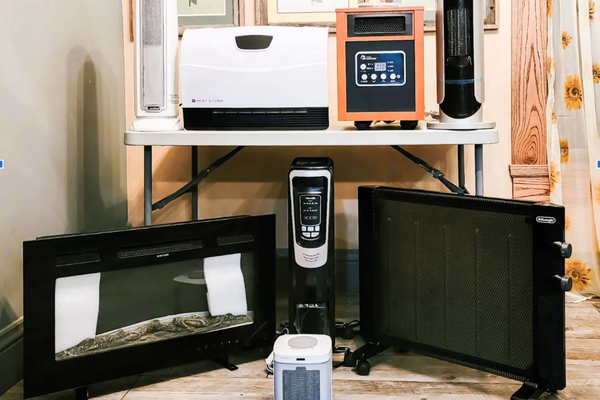
Can You Save on Heating Costs by Using a Space Heater?
Proper utilization of space heaters can yield energy efficiency by cutting down on the heating bills. As an example, it costs less to warm up the single room with a space heater rather than the entire house through central heating. One study shows that space heating during working hours in a home office reduces monthly heating bills compared to heating the whole house. It should be mentioned that the efficiency of this strategy is entirely reliant upon home layout, the quality of insulation, and the effectiveness of the space heater.
Furthermore, when used together with other energy saving efforts, space heaters could reach maximum savings level. Homeowners should consider their individual heating habits and the specific characteristics of their house when deciding whether a space heater can help reduce heating costs.
Is It Possible to Use Solar Generators to Power the Space Heater?
Using solar generators to provide power for space heaters is a fascinating prospect for those who are trying to cut down on their electricity bills while also minimizing environmental impacts. The solar generators can be sustainable energy sources, but their effectiveness will be based on such elements as climate, the panels, solar power and energy storage systems. Although the initial investment in solar technology can be high, the ultimate energy savings and environmental benefits may compensate for this expense tremendously.
Obviously, the presence of sunlight and energy storage constitute the two crucial factors that need to be taken into account. Homeowners wishing to use this method should carry out a detailed estimation of their energy needs as well as investigate the possible return on investment they are likely to receive from using solar generators with space heaters.
Possible Solar Generators to Use With Space Heaters
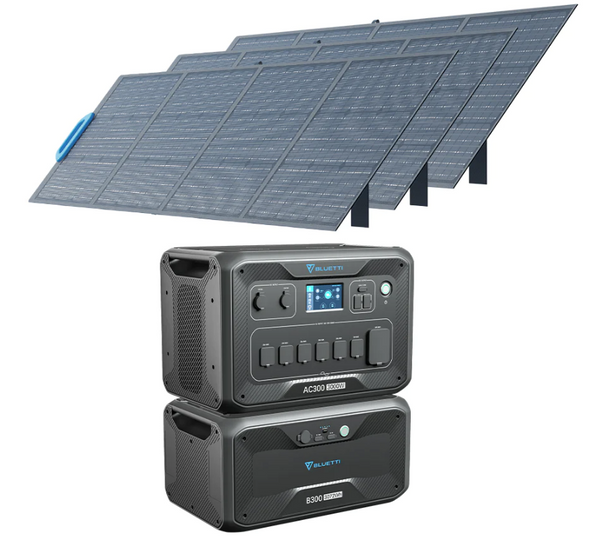
Equipped with a 3,000W AC pure sine wave inverter which can handle a peak power output of up to 6,000W, it’s designed to power many household appliances, including space heaters. The system features a sizable 3,072Wh capacity; yet it is extendable by adding more B300 batteries up to 12,288Wh maximum, which makes it a suitable and convenient option to ensure continuous power supply for an extended period during power outages or off-grid living.
The LiFePoₔₔₗ battery technology guarantees over 3500 cycles at 80% capacity, which in mechanism presents durability and reliability. The 240V split phase bonding and 24/7 UPS home backup will make it a superb option for loads that demand uninterrupted power and continuous operation. The system, which can be recharged in 7 different ways, offers a 2400W max solar input and a 5400W max dual fast charging option and, thus, offers flexibility and rapid recharging times.
The PV200 solar panels are a perfect couple with the generator, since the monocrystalline solar cells provide up to 23.4% efficiency and are covered with ETFE coating. The foldable and portable design, together with the compatibility of the majority of solar generators via MC4 connectors, makes them a top option for those in search of a convenient and efficient solar solution.
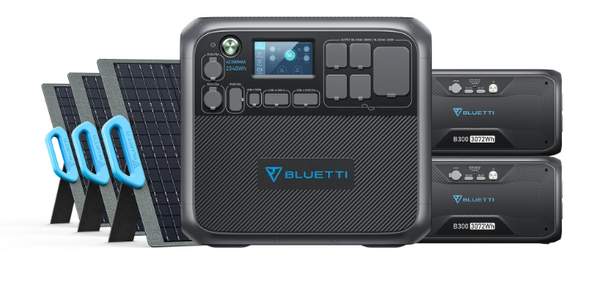
The device has 2,200W AC pure sine wave inverter with a 4,800W surge capacity, becoming quite suitable for running space heaters and other power-related appliances. In addition, the kit has a 2,048Wh core unit. It can be enlarged up to 8,192Wh with additional battery modules (optional), so that you have enough power for extended use.
Furthermore, the LiFePO₄ battery promises over 3,500 life cycles at 80% capacity giving it durability and long service life. The generator provides 7 recharging methods including a 900W max solar input and a 1300W max fast dual charging rate.
Lastly, the solar panels being included maintain the same high standards, monocrystalline cells and ETFE coating for better efficiency and longer lifespan. The panels are foldable, portable and universally compatible with MC4 connectors so that they can be easily put together.
Tips for Saving Heating Cost
There are a number of easy things homeowners can do if they want to cut down on the heating costs. One of the most efficient measures used to retain the heat and hence reduce energy consumption is better insulation for homes. Programmable thermostats and proper heating system maintenance will also help reduce energy consumption.
Also, small things like sealing the curtains to prevent the heat loss at night can make an impact in lowering heating fees. On the other hand, lowering the thermostat levels and employing energy efficient appliances are equally crucial for the purpose of minimum cost for heating. Through effectuating these steps, occupants have the opportunity to maximize the heating process and cut down the heating cost.
Final Thoughts
Finally, it is worth stating that space heaters may use considerable electricity but their contribution to energy bills can be minimized through rational use and energy saving habits as discussed above. While we try to stay warm during the colder months, it is important to strike a balance between the financial and environmental costs of heating. We can decrease both the stress on the wallet and the planet when we pursue energy-efficient heating systems and adopt cost-saving measures which will keep our home cozy. Use this article as a reference to your eco friendly, eco-conscious, and comfortable heating for the upcoming winter season.
